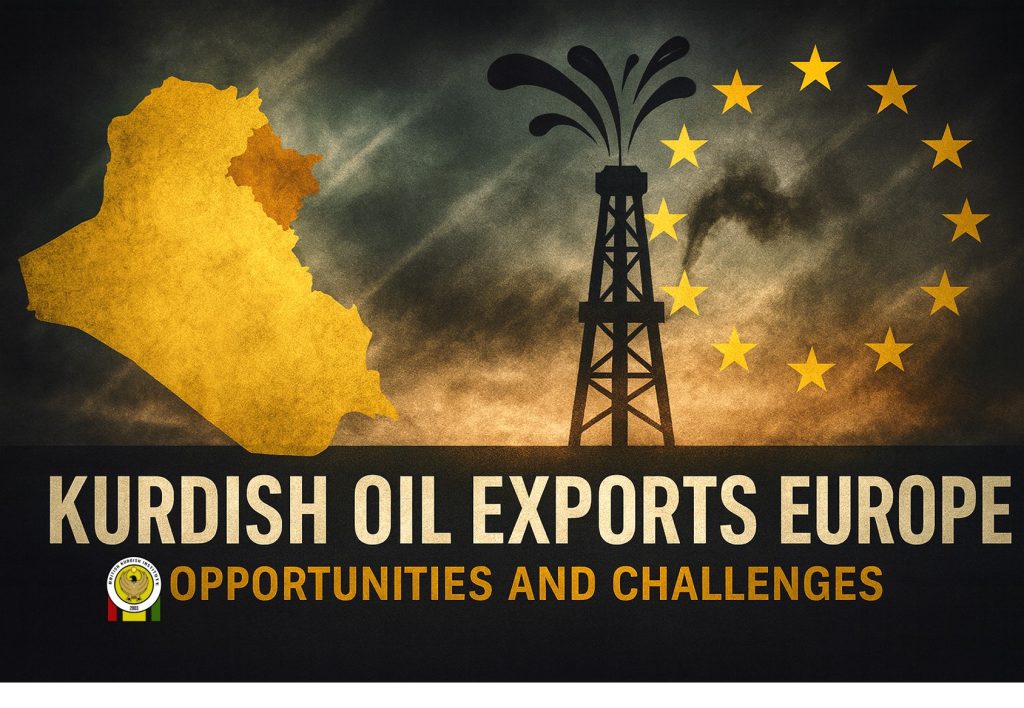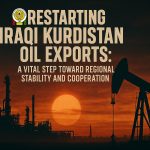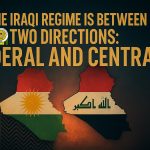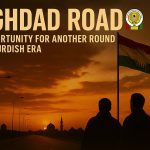Introduction
The Kurdistan Region of Iraq (KRI) holds some of the world’s most significant oil reserves, making it a central player in global energy markets. Over the past two decades, the region has increasingly positioned itself as a vital supplier of crude oil to Europe. This article explores the rise of Kurdish oil exports, their economic importance, political implications, and the challenges that continue to shape their future in European markets.
Historical Background: The Rise of Kurdish Oil
Although oil was discovered in the Kurdistan Region decades ago, large-scale exploration and production began in the early 2000s. Following the 2003 U.S.-led invasion of Iraq and the establishment of the Kurdistan Regional Government’s (KRG) autonomy, international companies such as ExxonMobil, Chevron, and Gulf Keystone Petroleum signed Production Sharing Contracts (PSCs). This marked the beginning of Kurdish oil’s integration into global markets.
Legal Framework and Autonomy
The KRG created its own legal and regulatory framework for oil management, separate from Baghdad’s oversight. The 2005 Iraqi Constitution granted KRI autonomy in governance, but disputes over oil revenue distribution have fueled ongoing political tensions between Erbil and Baghdad.
Infrastructure and Export Routes
To strengthen exports, the KRG invested heavily in infrastructure. The most critical development was the construction of pipelines leading north to Turkey’s Ceyhan port, which now serves as the main gateway for Kurdish crude to reach European buyers.
Economic Significance of Kurdish Oil
Revenue Dependence
Oil exports account for nearly 90% of KRI’s government revenue, making them vital for funding public services such as healthcare, education, and infrastructure. Any disruption in exports directly impacts the region’s economy.
Diversification Efforts
Aware of the risks of oil dependency, the KRG has begun investing in tourism, agriculture, and renewable energy. However, these sectors remain underdeveloped and will require time to become sustainable alternatives.
Current State of Exports
-
Daily Output: Approximately 400,000–500,000 barrels per day.
-
Export Routes: Primarily via pipeline through Turkey to the port of Ceyhan.
-
European Buyers: Italy, Germany, and France are among the main importers.
Europe’s Energy Landscape
Growing Demand for Alternatives
Europe’s push for energy security—especially amid strained relations with traditional suppliers like Russia—has increased reliance on non-OPEC producers. Kurdish oil provides a strategic alternative for European nations.
Environmental Regulations
European markets are increasingly focused on sustainable energy sourcing. For KRG to maintain long-term access, it must adopt environmentally responsible practices and align with EU climate policies.
Political Implications
Kurdish oil exports carry major geopolitical weight. They influence Iraq’s internal politics and affect Erbil’s relations with Baghdad, Turkey, and other regional powers. Some European countries also hesitate to bypass Baghdad, complicating direct deals with the KRG.
Key Challenges for Kurdish Oil Exports
-
Baghdad’s Opposition: Legal disputes and budgetary leverage remain a constant challenge.
-
Infrastructure Vulnerability: Pipelines remain vulnerable to security threats and political instability.
-
Market Volatility: Oil price fluctuations threaten economic stability due to KRI’s heavy dependence on crude exports.
-
Geopolitical Risks: Relations with Turkey, Iran, and Syria can impact export routes.
-
Global Competition: Non-OPEC suppliers, such as the U.S. and African producers, are increasing their presence in European markets.
International Partnerships and Investments
Foreign companies continue to invest in KRI due to favorable contract terms. Beyond capital, these partnerships bring advanced technologies, sustainability practices, and long-term contracts that help stabilize export revenues and improve extraction efficiency.
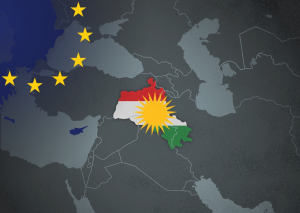
Future Outlook
The future of Kurdish oil exports will depend on three critical factors:
-
Energy Transition: Balancing oil dependency with investments in renewable energy.
-
Legal Certainty: Strengthening KRG’s legal framework to secure investor confidence.
-
Geopolitical Stability: Navigating regional power dynamics while maintaining strong European partnerships.
Conclusion
Kurdish oil exports to Europe stand at the crossroads of economic opportunity and geopolitical complexity. With vast reserves, growing partnerships, and increasing European demand, the KRI has the potential to cement itself as a reliable energy supplier. Yet, challenges such as Baghdad’s opposition, market competition, and regional instability cannot be overlooked.
For Kurdistan, the path forward lies in combining strategic partnerships, stronger legal frameworks, and sustainable practices. By doing so, the region can not only secure economic growth but also play a defining role in shaping Europe’s evolving energy landscape.

